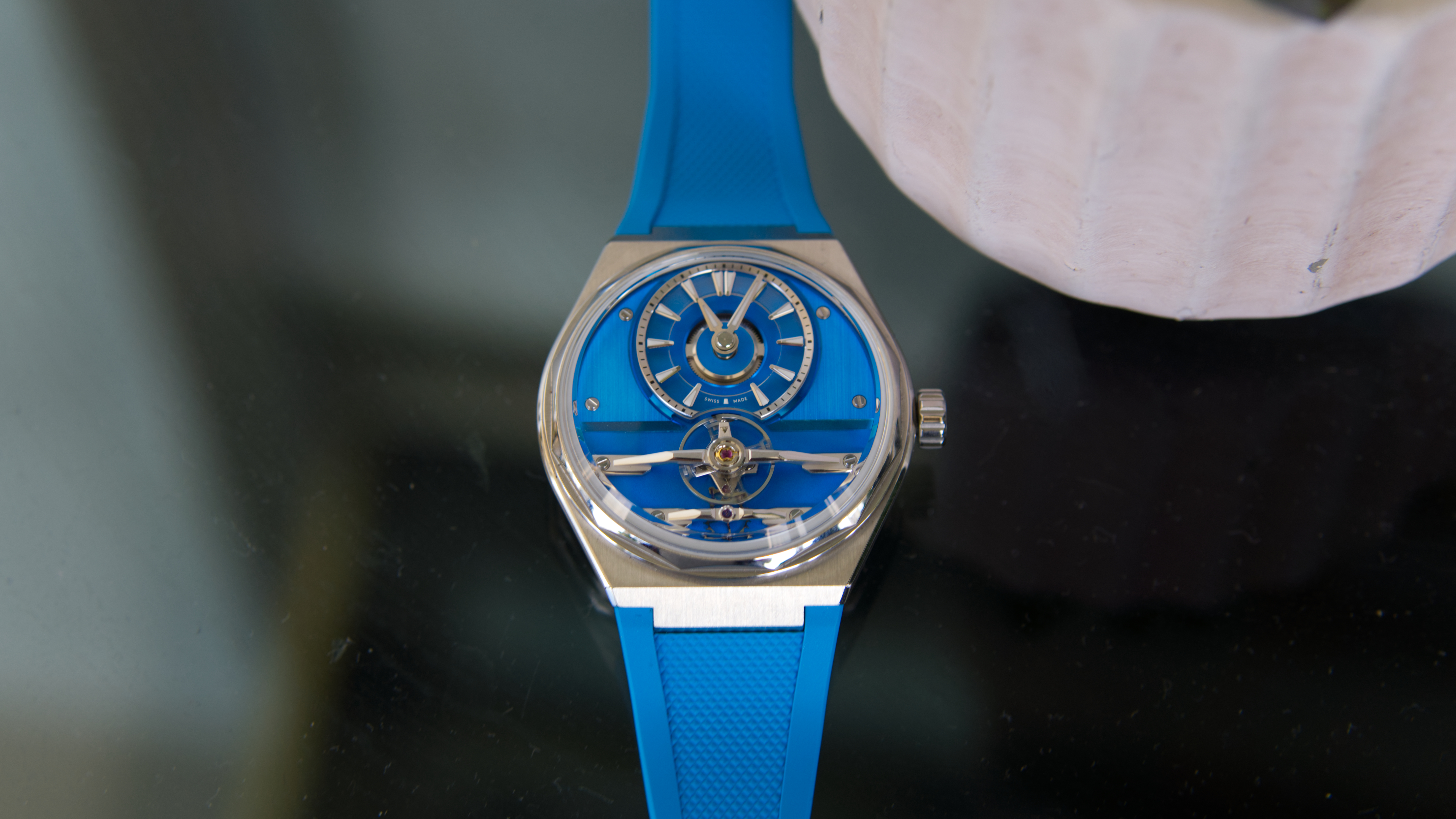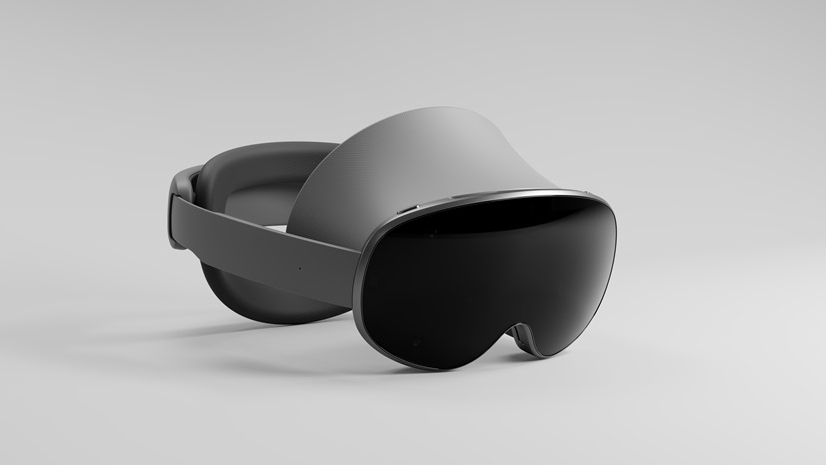

Quick Summary
Samsung, Google and Qualcomm have announced Android XR, the new platform that's going to power future headsets and smart glasses.
It will be powered by Gemini AI and support existing Android apps.
XR – or extended reality – is having its coming-of-age moment, with the announcement of Android XR, a new platform that will power next-gen experiences and rival Apple, Meta and the best VR headsets out there.
It’s long been known that Samsung, Google and Qualcomm were working together on extended reality and the announcement of Android XR takes us a big step forward, not just from a hardware perspective, but in software terms. too.
The first headset to run Android XR will come from Samsung. It's currently codenamed Project Moohan and is on course to launch in 2025.
The headset was previously confirmed by Samsung, and the fact that Qualcomm is also part of the partnership suggests that it will be powered by a Snapdragon XR platform. At the moment though, little else is known about the hardware.
The launch of Android XR isn’t really about the hardware, however. Yes, there are mentions of the headset and of future smart glasses – but it’s the Android XR platform that’s the focus of the announcement today.
This is the operating system that will underpin the experience from both the headset and the glasses, albeit in different ways.
Google’s Rick Osterloh, senior vice president of platforms and devices, outlined that now was the right time to work on XR because all the technology was in place, with Google’s Gemini having a large part to play. Google refers to Android XR as powered by Gemini, because the AI-platforms’ multi-modal abilities will drive many of the experiences that Android XR can offer.
Sign up to the T3 newsletter for smarter living straight to your inbox
Get all the latest news, reviews, deals and buying guides on gorgeous tech, home and active products from the T3 experts
That’s going to include recognising the world around you and being able to identity things, it’s going to include voice interaction and summaries delivered right to your eyes and ears, so you’re not dependent on your other devices.
What will Android XR be able to do?
We’re right at the start of Android XR’s life and Google has outlined some of the experiences that will be offered. Importantly, as this is Android, it’s been confirmed that the Play Store will work, so you’ll get access to all Android apps right from the start, with new apps made specifically for XR coming in the future.
Many of the examples that Google talks about mirror experiences we’ve seen from Apple Vision Pro. There’s talk about greater immersion into sports events, being able to pull up stats as well as watching the live action, and being able to take a video and make it immersive, like you’re back in that moment.
Google already has a number of technologies that naturally roll into XR – Google Lens has been recognising objects in the real world for many years and that’s a natural progression of the technology into a face-mounted device so that the information is instantly there. Google Maps has also been offering AR navigation for years, something that future Android XR glasses will be able to offer.
There are many threads that Google can pull on, from reviews of restaurants, to the immediate knowledge (however convoluted it is) of Gemini, to get you answers as soon as you ask.
While all this sounds great, the introduction (or reintroduction) of this virtual approach to computing faces many challenges. Convincing people that they should move out of a phone onto a device strapped to their face is going to be difficult – even though the reception to Apple Vision Pro’s hardware went well, people still ask what the point is.
Android XR’s big aim here has to be mass adoption, to rival the successes of Meta’s Quest headsets and Ray-Ban glasses, to bring affordability and lots of innovation to the segment. I suspect that 2025 is going to be all about extended reality, powered by AI.
Chris has been writing about consumer tech for over 15 years. Formerly the Editor-in-Chief of Pocket-lint, he's covered just about every product launched, witnessed the birth of Android, the evolution of 5G, and the drive towards electric cars. You name it and Chris has written about it, driven it or reviewed it. Now working as a freelance technology expert, Chris' experience sees him covering all aspects of smartphones, smart homes and anything else connected. Chris has been published in titles as diverse as Computer Active and Autocar, and regularly appears on BBC News, BBC Radio, Sky, Monocle and Times Radio. He was once even on The Apprentice... but we don't talk about that.
-
 Apple's Severance computer may have been a joke, but the keyboard is coming for real
Apple's Severance computer may have been a joke, but the keyboard is coming for realTell us where we can sign up!
By Britta O'Boyle
-
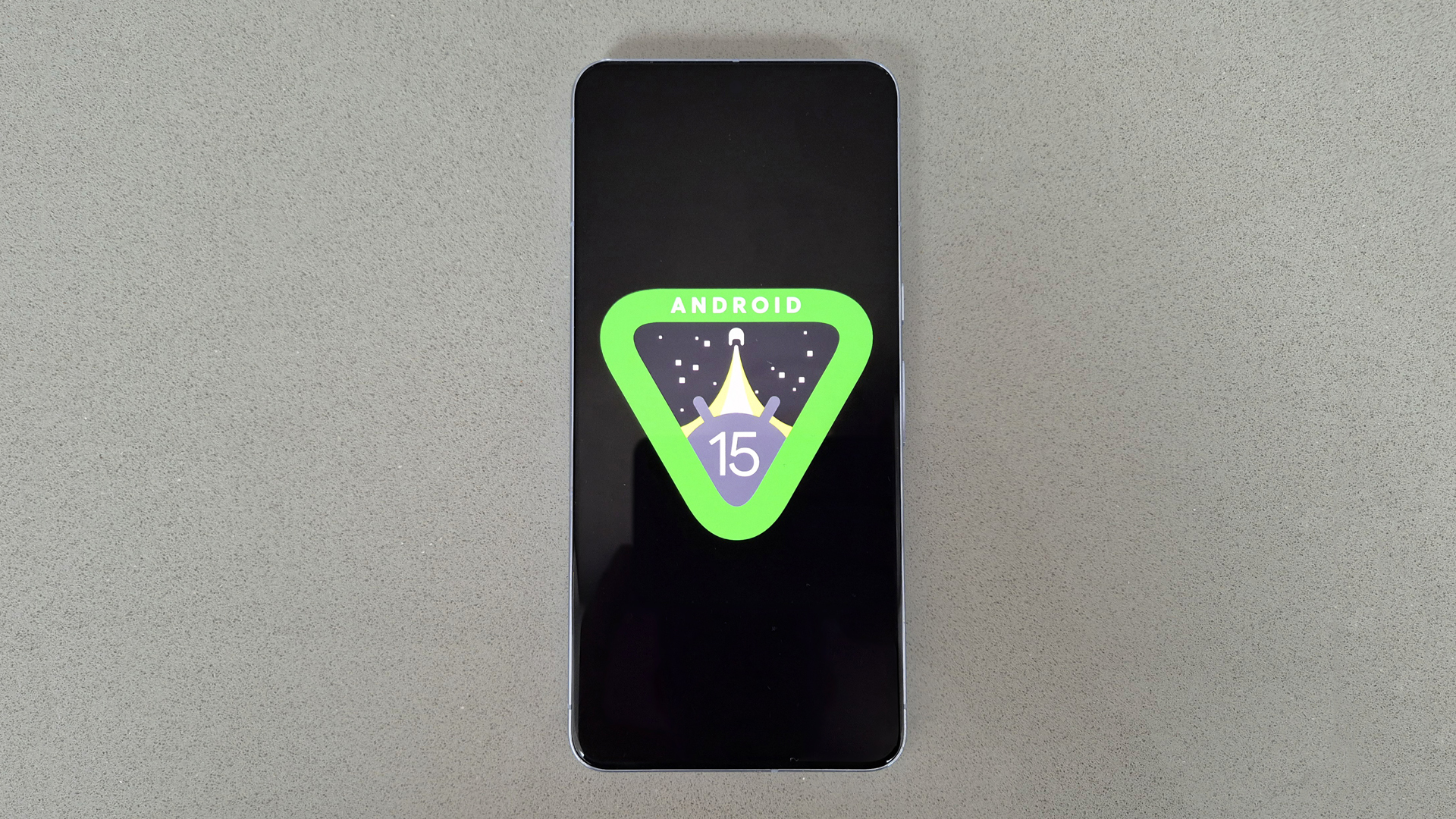 Google delivers bad news for budget Android phones
Google delivers bad news for budget Android phonesCheaper Android phones might need to change to meet new Google rules
By Chris Hall
-
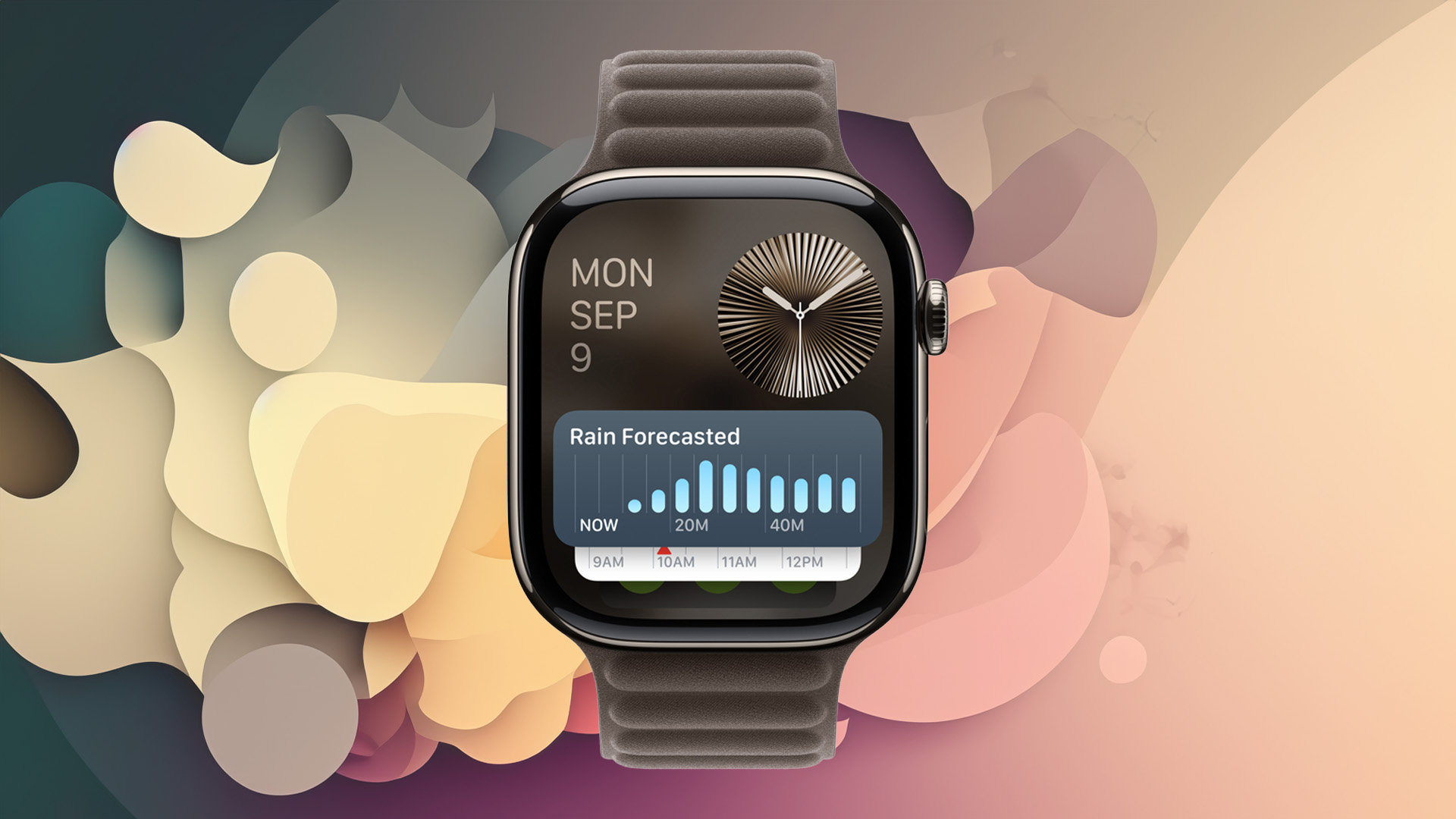 Apple Watch is set to get Apple Intelligence this year, but only with a little help from a friend
Apple Watch is set to get Apple Intelligence this year, but only with a little help from a friendBring on watchOS 12
By Britta O'Boyle
-
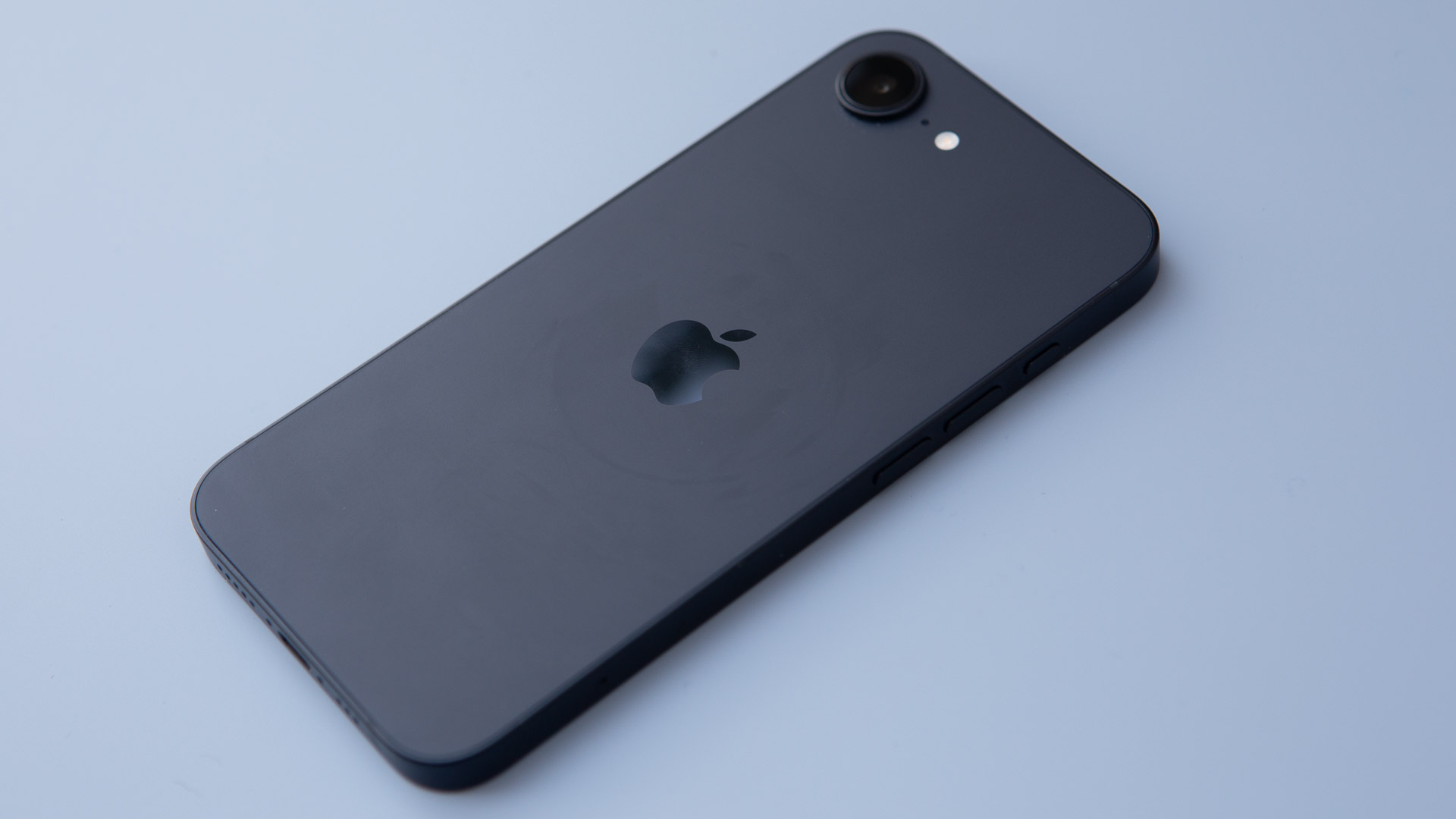 Apple's iPhone just did something it never has before
Apple's iPhone just did something it never has beforeThis is an unprecedented event for the iPhone
By Sam Cross
-
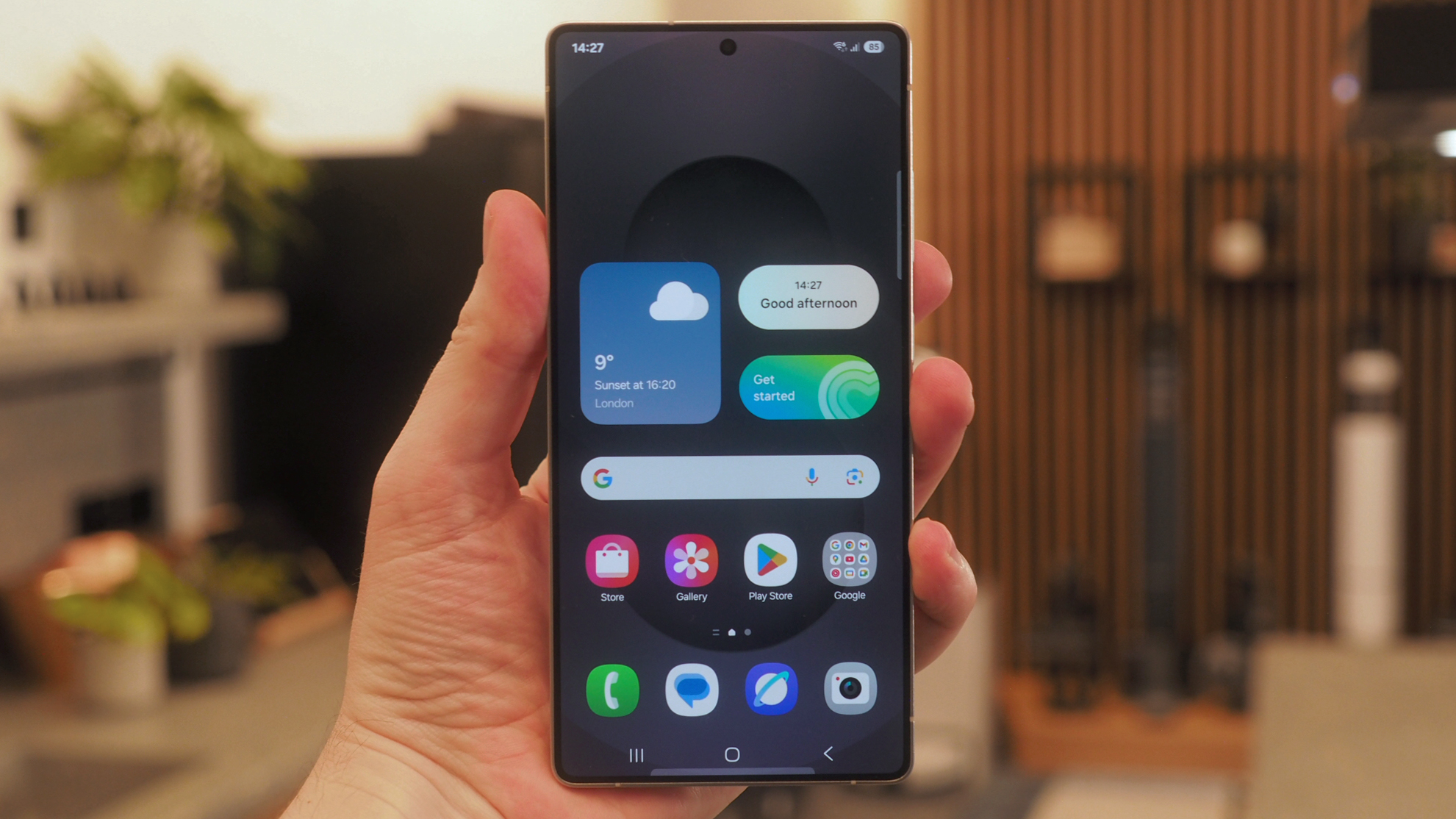 Samsung hits pause on Android 15 rollout, but your phone might be lucky
Samsung hits pause on Android 15 rollout, but your phone might be luckyYour delayed Samsung One UI 7 software update could be delayed some more
By Chris Hall
-
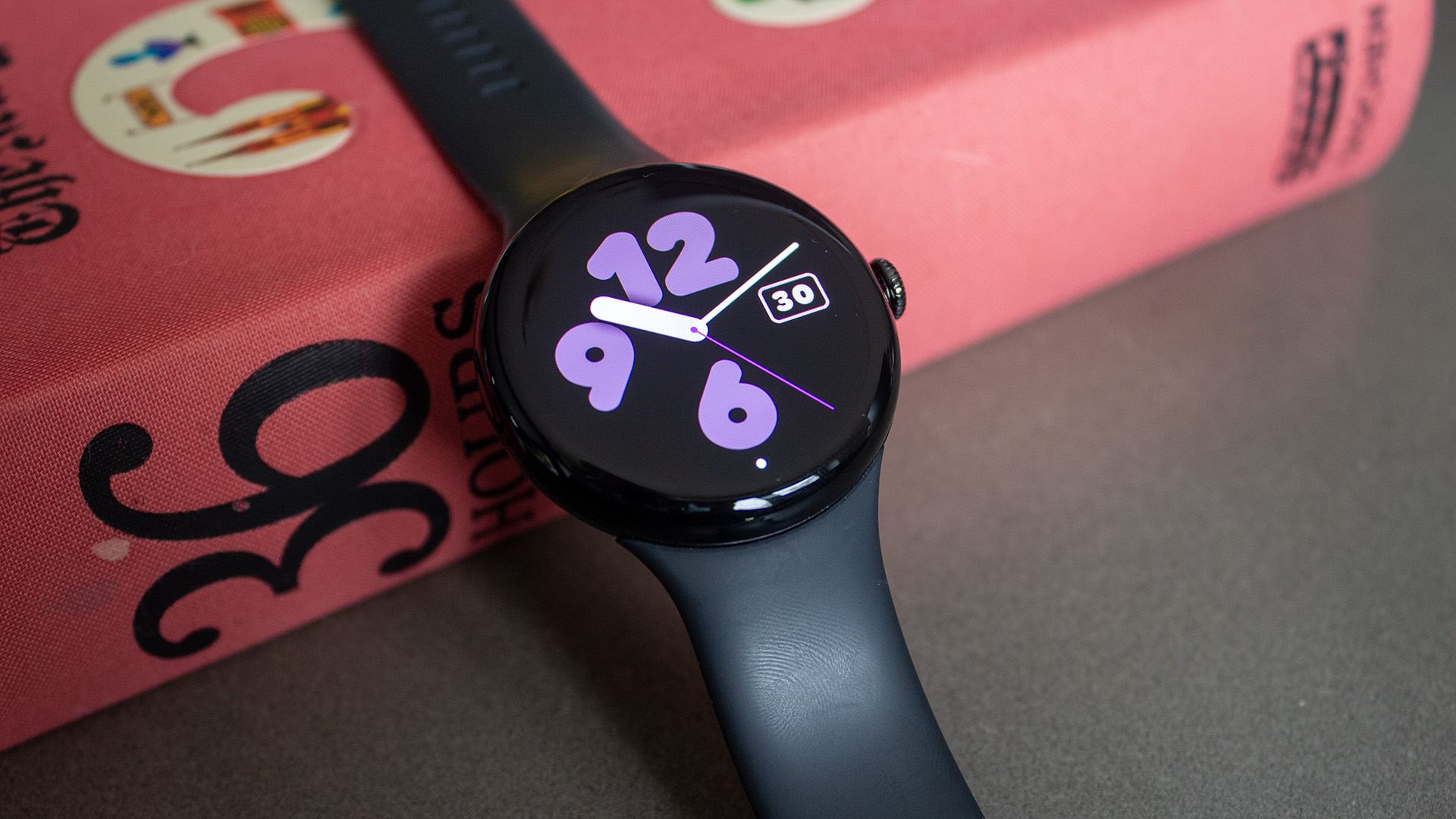 Google Pixel Watch 4 renders show a welcome design change
Google Pixel Watch 4 renders show a welcome design changeAnd one we're less thrilled about
By Britta O'Boyle
-
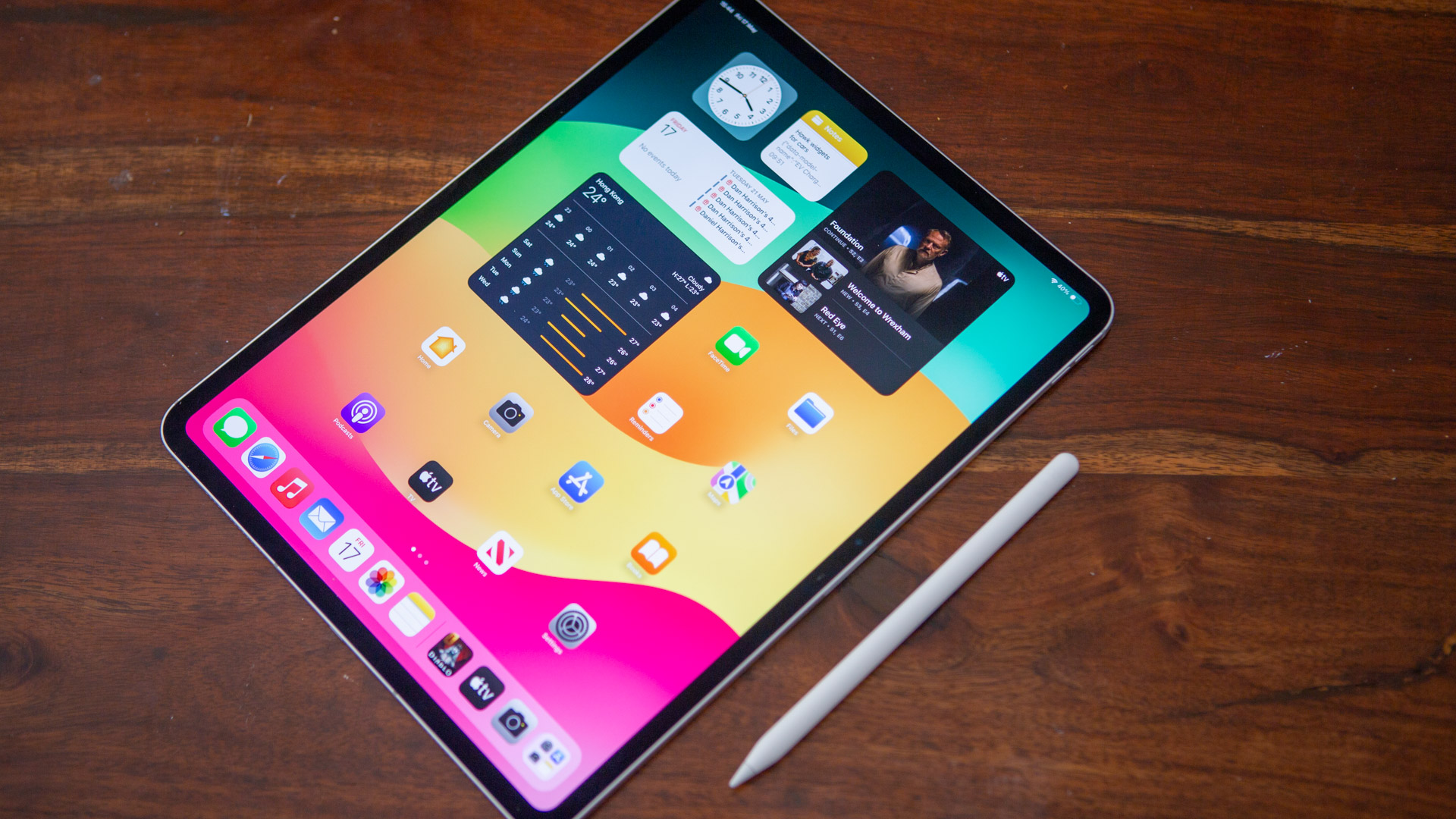 iPad reportedly getting major makeover and your current model could benefit too
iPad reportedly getting major makeover and your current model could benefit tooApple is said to be making a change that iPad power users have been wanting for years
By Carrie Marshall
-
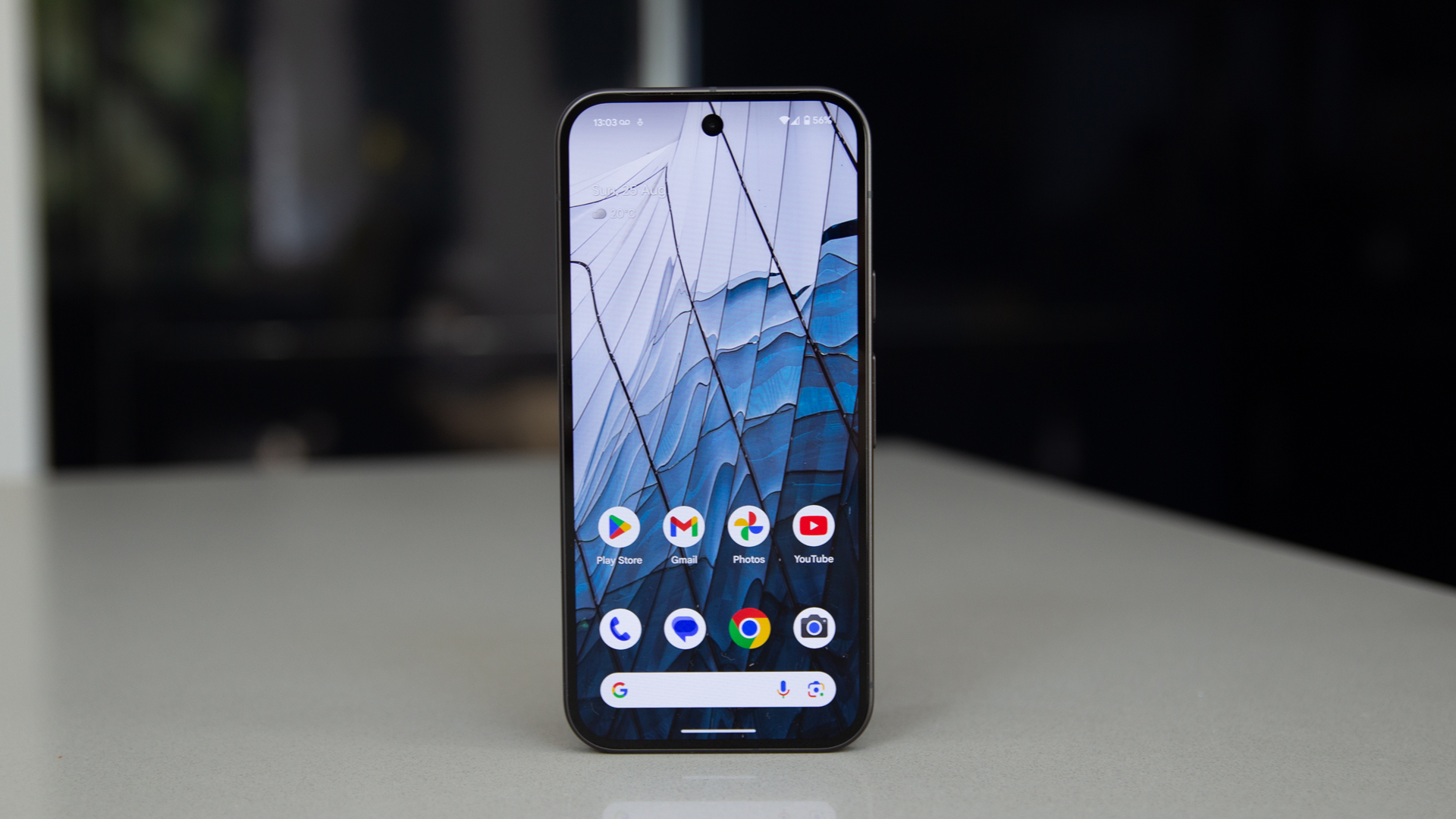 New Google Messages feature will make millions very happy
New Google Messages feature will make millions very happyIt's going to end a serious messaging blight
By Sam Cross

